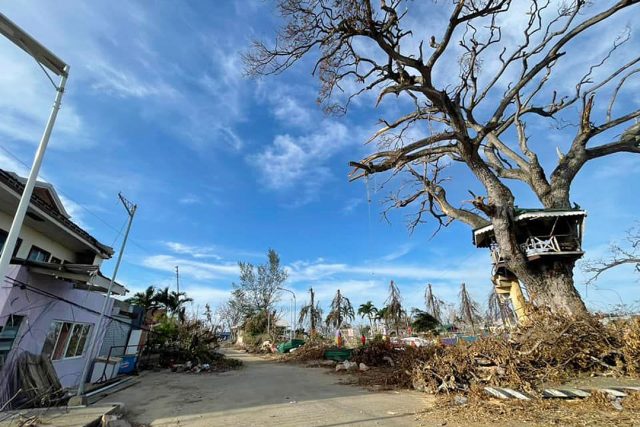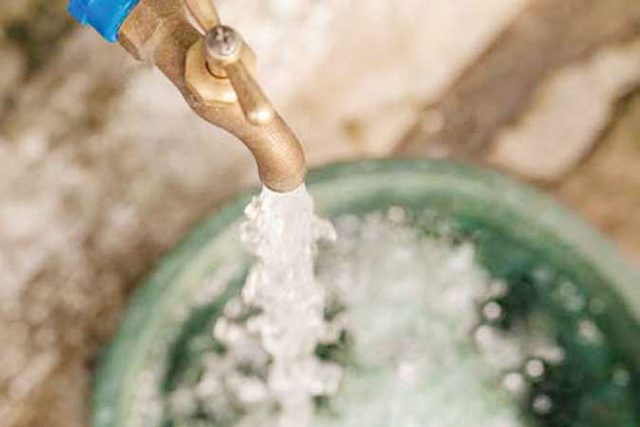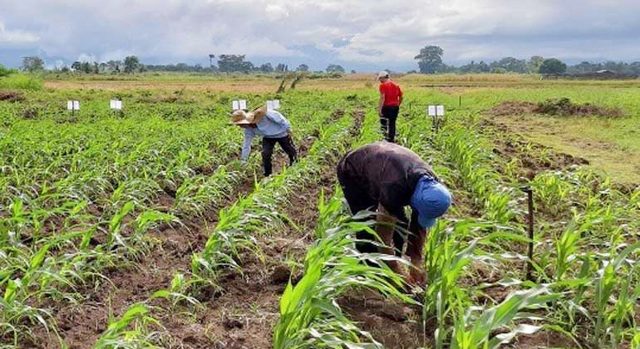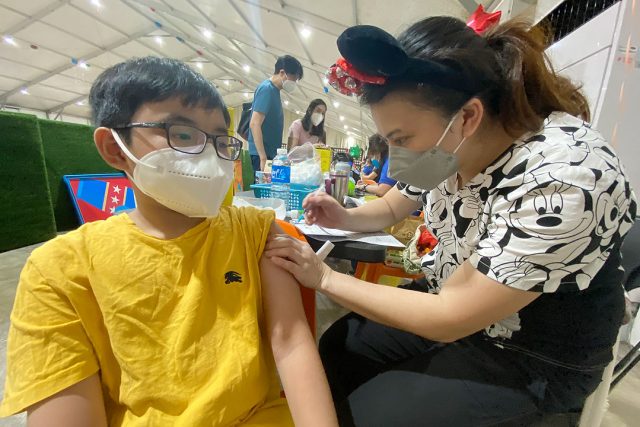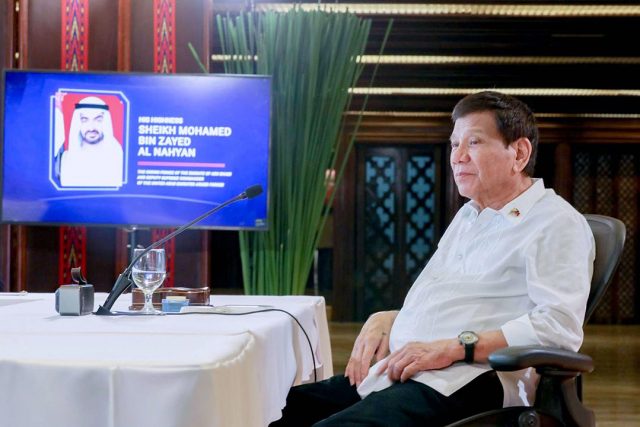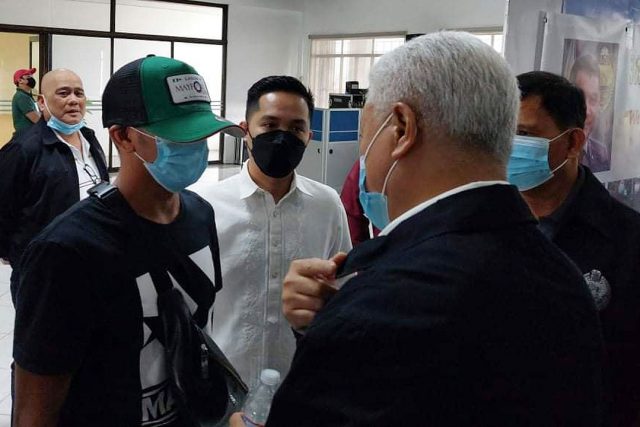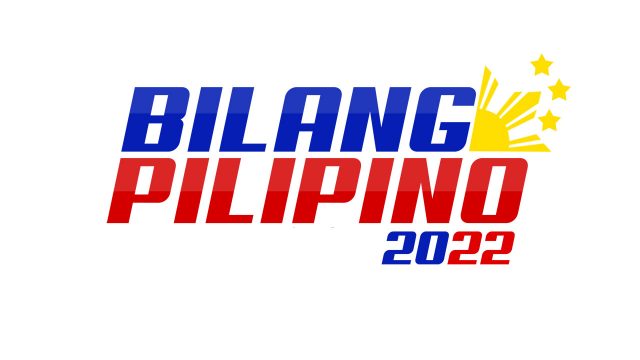ADB approves food aid grant for Typhoon Odette victims
THE Asian Development Bank (ADB) approved a $2-million grant to support Philippine recovery efforts from Typhoon Odette (international name: Rai).
The ADB’s Asia Pacific Disaster Response Fund will finance food vouchers for 15,000 households affected by the typhoon in the Visayas and Mindanao, the bank said in a statement on Wednesday.
Typhoon Odette struck Mindanao and the Visayas in December, causing P13.3 billion in agricultural damage and P17.19 billion in destroyed infrastructure.
“Typhoon Odette’s damage to housing, agriculture, and infrastructure amid the COVID-19 pandemic has made life more difficult for Filipinos in affected areas,” ADB Director General for Southeast Asia Ramesh Subramaniam said.
“This assistance will help finance the humanitarian needs of those residents, especially people living in remote areas.”
ADB partnered with the United Nations World Food Programme to distribute the food aid, along with the Department of Social Welfare and Development.
Separately, South Korea offered $300,000 in relief aid to help rebuild shelters in some areas affected by the typhoon, the United Nations Development Programme (UNDP) said.
Selected beneficiaries in the Dinagat Islands, off northeastern Mindanao, will be trained in home rebuilding using designs that can withstand strong winds and flood, the UNDP said in a statement on Wednesday.
The UNDP also invested $650,000 in recovery efforts for communities and local government units in areas hit by the typhoon, especially in Cebu, Siargao, and the Dinagat Islands.
The UNDP is also working with the Department of Information and Communications Technology to help restore information and communications technology in the affected areas.
“UNDP focuses (its) support (on) corrective measures that will reduce the existing level of risk. We are working hand-in-hand with key government agencies and local government units to enhance their capacities in risk management to reduce vulnerability and exposure to threats and hazards,” UNDP Philippines Resident Representative Selva Ramachandran said.
“We also want to strengthen the aspect of digital governance to make social services more accessible to people, especially in the event of natural calamity.”
The Budget department as of the end of last year released P7.68 billion from 2021 unprogrammed appropriations, the calamity fund, and President Rodrigo R. Duterte’s contingent fund to assist local governments and national agencies responding to the typhoon.
Adding to the international aid, the Japanese embassy in the Philippines also said that its government’s $13 million in grant aid will support the work of several international organizations doing humanitarian work in areas devastated by the typhoon.
“These organizations shall focus on different areas of assistance such as food, shelter, non-food items, health, and water and sanitation,” the embassy said.
Separately, the Japan International Cooperation Agency (JICA) approved a ¥329-million (about P146 million) grant funding Filipino government officials’ training in Japan.
JICA last week signed the agreement for the Project for Human Resources Development Scholarship with the National Economic and Development Authority.
The program aims to help “develop young leaders in government and boost efforts in socioeconomic development,” JICA said in a statement on Wednesday. — Jenina P. Ibañez

